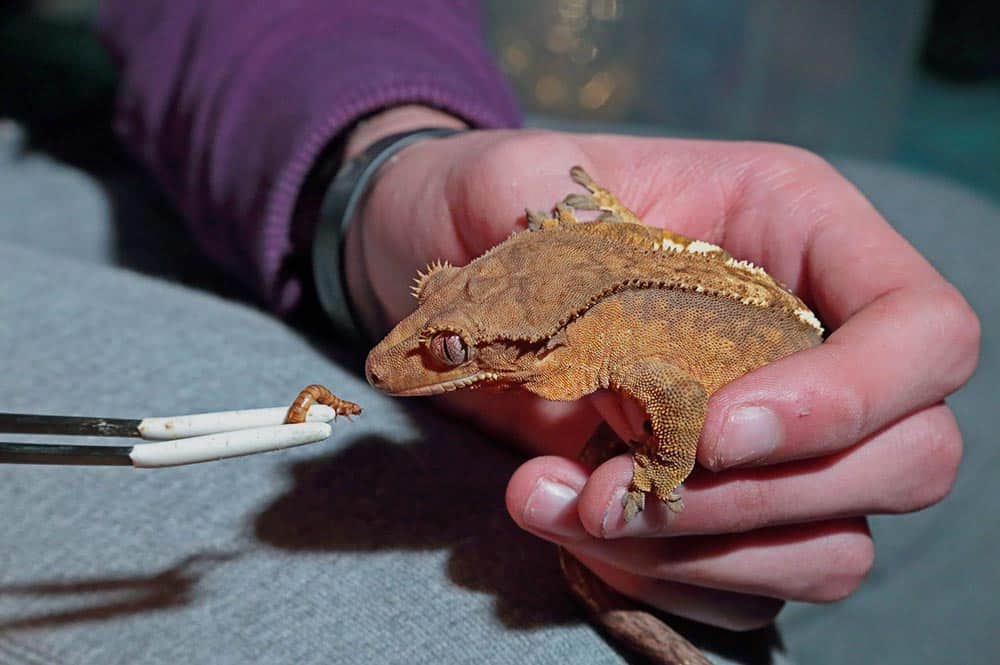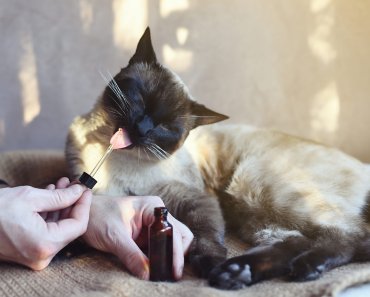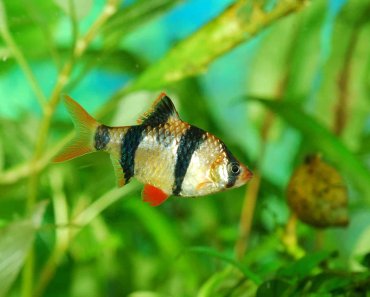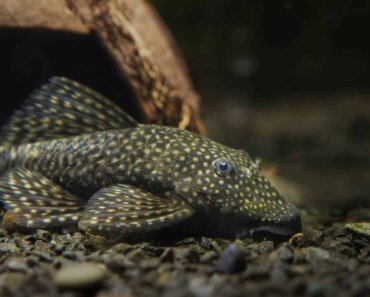
If you’re the proud owner of a crested gecko, you know how important it is to feed your pet the right way. It’s critical that you provide your crestie with all the nutrition and vitamins they need to stay healthy and happy.
Unfortunately, it can be hard to figure out what exactly that means for your pet. That’s why we’ve put together this comprehensive guide on feeding your crest gecko right. With this guide in hand, you can rest assured that your beloved lizard will get all the nutrients they need.
What Do Crested Geckos Eat?
Crested geckos are omnivores, meaning they eat both plant and animal matter. In the wild, they eat insects, fruits, and plants. In captivity, however, their diet is a bit more complicated than that.
Here’s what you should feed your crested gecko:
- Insects such as crickets and mealworms
- Commercial crested gecko diets like Repashy Crested Gecko Diet
- Calcium supplement powder (optional)
- Multivitamin powder (optional)
- Occasionally, fruit-based baby food or puree (no sugar or preservative added)
How to Prepare Feeder Insects for Your Crested Gecko
To guarantee your reptile is receiving the most nutritional benefits, it’s essential to feed their prey a nutritious diet for at least 24 hours before offering them to your lizard. This process, known as “gut loading,” replicates how lizards get their necessary vitamins in the wild and play an integral role in keeping them healthy long-term.
You can always opt for a pre-made gut load or try providing dark leafy greens paired with some type of whole grain; adding a carrot slice or orange wedge will ensure that they have enough hydration! Easy peasy yet incredibly beneficial – so start preparing today and watch your pet thrive. But remember to replace their food regularly in order to avoid contamination from bacteria or fungi.
The second way to ensure your insect-eating pet is getting the proper nutrients is to make sure to dust their feeder bugs with a high-quality calcium powder. The debate of whether to supplement with calcium before every feeding or every other still remains unresolved – so you can take one out of two approaches. If you want to keep it simple, just add a small dish of supplemental calcium in the enclosure and watch as they consume what they need!
Now that you learn about gut-loading or dusting, are you ready to feed your pet?
Start by introducing only a few insects at once into the habitat. Your crested gecko should consume them within 10 – 15 minutes – too many hungry crickets can cause harm to its delicate parts, so get a feel for how much is enough and limit accordingly. If it’s gone before you know it, add some more until you gauge an approximate number of what they’ll eat each time! With practice, this will become second nature!
In addition to these items, it is also important to provide fresh water for your crested gecko at all times. Make sure the water bowl does not have any sharp edges or other items that could harm them when drinking from it. You may also want to consider adding a source of UVB light if you plan on keeping them outside of their natural habitat for more than 12 hours per day. This will help ensure they get enough sunlight exposure throughout their day-to-day life!
How Much Should I Feed My Crested Gecko?
When it comes to feeding your crested gecko, moderation is key! You should only feed them as much as they can eat in about 10 – 15 minutes or less per day – no more! Be sure not to overfeed them; this can lead to unhealthy weight gain or even malnutrition if left unchecked for too long. If you notice your crested gecko has gained some extra weight, try reducing the amount of food you give them each day until they reach their ideal weight again! Additionally, make sure their food choices contain plenty of proteins and essential vitamins; this will ensure optimal health and development over time.
What Are Some Good Treats For My Crested Gecko?
Treats are an excellent way to reward your crested gecko for good behavior while also providing them with additional nutrition – but not just any treat will do! Avoid anything overly processed or sugary; instead opt for something natural such as small pieces of chopped fruit or vegetables, live insects like waxworms or grubs, or even some homemade reptile treats like boiled egg whites mixed with finely mashed veggies! Not only are these treats nutritious but they’re also fun for your crested gecko – just be sure not to give too many treats so as not to disrupt their regular diet plan too much!
Why Is My Crested Gecko Not Eating?
If your crested gecko isn’t eating, it could be a sign of something serious. While there are many potential causes for this behavior, including illness or injury, the most common reason can be due to habitat or stress levels. Here are some possible reasons why your pet cresties are not eating well:
The temperature in their enclosure is too cold
All crested geckos, like the majority of lizards, are ectothermic (cold-blooded) animals that rely on the environment for regulating their bodily functions. If your pet is exposed to temperatures too warm or cold (more commonly too cold), it will have difficulties digesting food and eventually refuse to eat altogether. Lamentably this may sound intimidating but rectifying this issue easily can be done by simply examining how you regulate enclosure temperature and making any required adjustments necessary!
Your beloved pet gecko is enduring a bacterial affliction – seek medical attention immediately!
Bacterial infections can cause your lizard to feel unwell and lose their appetite. Poor hygiene practices are often the root of these bacterial infections, but they may stem from a variety of other causes as well. To properly treat this issue, you must seek help from a veterinarian and administer antibiotics if necessary; however, it is imperative that you act quickly so that the treatment will be successful within one week or longer.
Your pet might be afflicted with Intestinal Parasites
Fortunately, Crested geckos in captivity rarely pick up internal parasites as compared to other reptiles. This is mostly because the majority of these geckos are captive-bred; however, any pet could be plagued with intestinal parasites which will likely make them lose their appetite. To give your pet a fighting chance at recovery, seek assistance from a veterinarian who has experience treating such cases – when properly taken care of they should return to full health!
Increased Stress Levels
When faced with a lizard that won’t eat, the initial reaction should be to identify and remove any sources of stress. Minimizing how often you handle your pet as well as providing it with plenty of places to hide in its enclosure are two effective ways to reduce stress levels. Additionally, social factors can also cause crested geckos not to feed; thus, housing them singly outside breeding attempts is recommended for optimal feeding outcomes.
Your beloved pet is currently undergoing the physical and emotional changes involved in reproductive maturation.
During the reproductive season, crested geckos (and other reptiles) may become disinterested in food as male lizards seek out potential mates and female lizards prepare to lay eggs. While this period of temporary fasting can be concerning for owners, it’s typically short-lived; most animals resume their normal eating habits within a few days.
Final Thoughts
As a responsible pet owner, it’s important that you understand what goes into feeding a healthy diet for your crested geckos. While it may seem overwhelming at first knowing what kind of food options are best for them and how much should be given each day – with a bit of research and dedication you’ll be well on your way toward providing a balanced meal plan that meets all their nutritional needs! Always remember there’s no one-size-fits-all approach when caring for any type of pet so don’t hesitate to ask questions if ever in doubt about something related to feeding habits or general care practices! Now go forth and enjoy watching those adorable little creatures thrive under proper care!


























